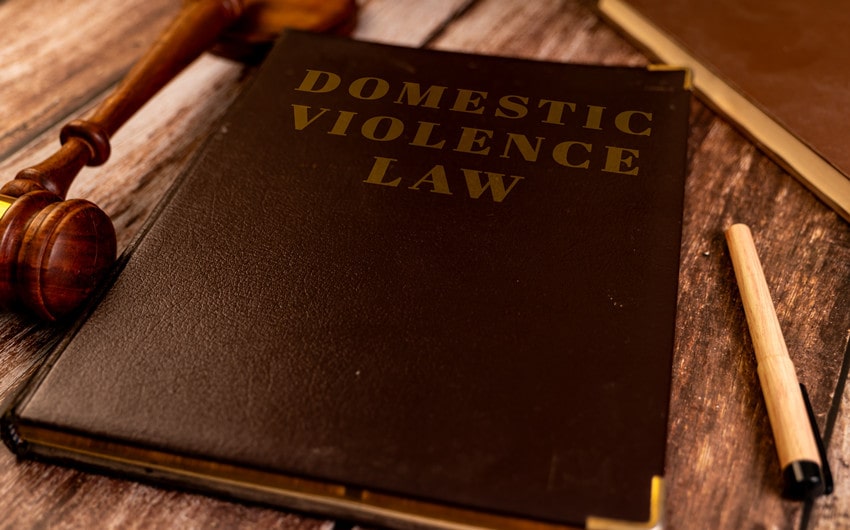4 Valid Reasons to Revoke a Domestic Violence Order (DVO)
A Domestic Violence Order (DVO) is meant to provide safety and protection to individuals facing threats, abuse, or harassment. But what happens when circumstances change and the original reasons for the order no longer exist? In such cases, a person may apply to have the DVO revoked.
While the process is not always straightforward, it can be successful if the court is convinced that protection is no longer necessary. Understanding when and how this can happen is crucial — especially if you’re considering applying for revocation in Ipswich or Brisbane.
Changed Circumstances Between the Parties
One of the most common reasons for revoking a DVO is a genuine change in the relationship between the parties involved. Perhaps the individuals have reconciled, resolved past conflicts, or no longer have any meaningful contact. When there’s no ongoing threat or hostility, the aggrieved person might feel that the order no longer serves a useful purpose.
However, even if both sides agree that things have changed, the court will always prioritise safety. It must be satisfied that lifting the order will not place anyone at risk. Seeking advice from an experienced domestic violence lawyer in Brisbane can help you navigate this process carefully and ensure your application meets all legal requirements.
Evidence That the Order Is No Longer Necessary
A DVO is designed to protect, not to punish. If the aggrieved person can show that they no longer feel unsafe and that there have been no incidents for a significant period, the court may consider revoking the order.
For instance, if both parties have demonstrated respectful behaviour and moved on with their lives, this can serve as strong evidence that the DVO has already fulfilled its purpose. Courts will weigh this kind of stability heavily when determining whether to lift the order.
New Information or Evidence
Sometimes, fresh evidence emerges after a DVO has been issued. This new information might challenge the accuracy of previous claims or prove that the respondent was not responsible for the alleged behaviour. If the court finds that this new evidence changes the basis on which the original order was made, it may decide to revoke the DVO altogether.
In these cases, it’s crucial to present your evidence clearly and convincingly. Legal support ensures your documents are properly prepared and that your argument is presented in the strongest possible way.
Mutual Agreement to Revoke the Order
Another situation that can lead to a revocation is when both parties agree that the DVO is no longer necessary. While mutual consent is a persuasive factor, the court won’t approve it automatically. Judges will still assess whether ending the order aligns with the goal of protecting the aggrieved person from harm.
When both parties come forward together and show that the relationship has stabilised or that they no longer have contact, it often strengthens the case for revocation.
The Process of Revoking a DVO
To revoke a DVO, an application must be filed at the Magistrates Court where the order was originally made. This application should clearly explain why the order should be lifted and include any evidence supporting your request — such as proof of changed circumstances or new information.
Once submitted, the court will set a hearing date. Both parties may present their evidence and arguments before the magistrate decides whether to revoke or maintain the order. The process can feel daunting, but having the right legal guidance makes it much more manageable.
Why Legal Guidance Matters
Revoking a DVO is not a quick or simple task. The law surrounding domestic violence in Queensland is complex, and the court takes these cases seriously to ensure ongoing protection where needed. That’s why it’s important to have the right legal team by your side.
At Melrose Keys Lawyers, you’ll find professionals who understand both the sensitivity and the seriousness of domestic violence matters. They can help you determine whether your circumstances qualify for revocation, prepare the necessary evidence, and represent your case with care and professionalism.
Final Thoughts
Revoking a Domestic Violence Order is possible when there’s genuine change — whether that’s reconciliation, new evidence, or proof that the order is no longer required. However, it’s a decision the court approaches cautiously, always prioritising safety above all else.
If you believe your DVO no longer reflects your current situation, take the time to seek advice before applying. With the right support, you can approach the process confidently, ensuring your rights are protected and your voice is heard.







